Selina, soon to be 6 years old, has epilepsy. She is a picture-perfect, bright, adorable girl with big eyes. The first major seizure was in November last year, but before that there had been repeated absences since 2019. No one was prepared for a grand mal seizure that ended up in the emergency room of the hospital. No one expected that, not even the doctors; the child was stable, seizure-free. “Mummy, I’m scared I’m going to die,” and weeks after the seizure, the little girl still found it very difficult to fall asleep.
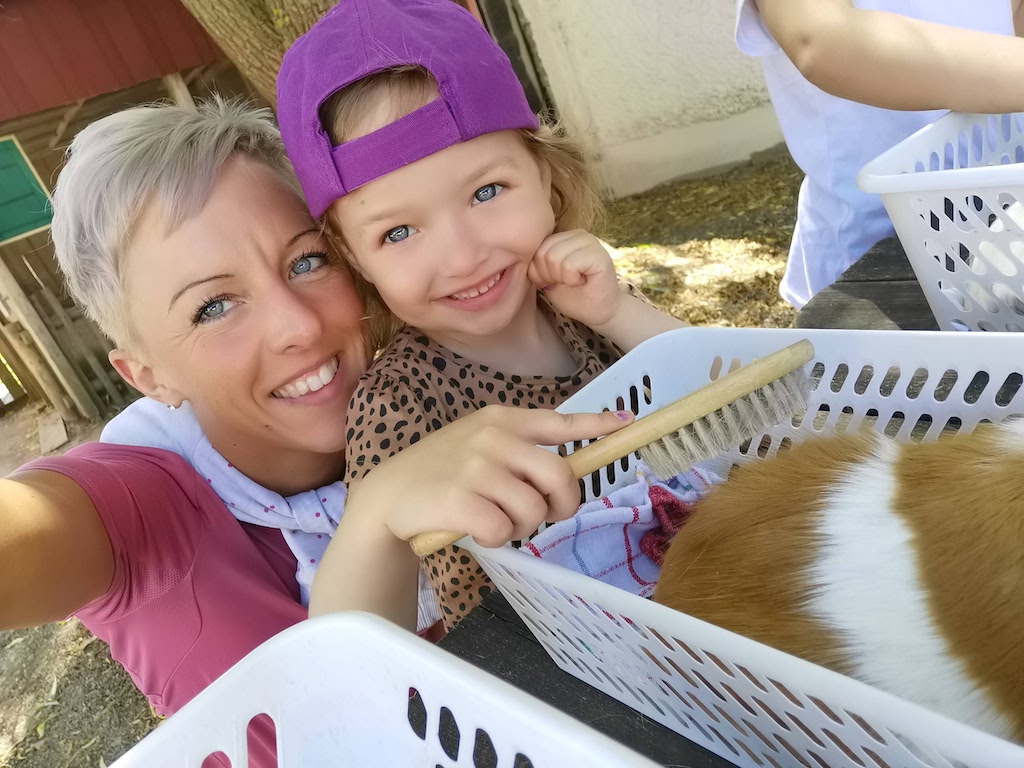
Susan, Selina’s mom, is a nurse who loves her job. She comes from a large family of 10 children (five girls and five boys) and as a child herself, she had epilepsy (absences) from the age of seven, which wore off as the years went by. Her family paid little attention to her epilepsy; her mother thought “she was drunk” when she had absences. Susan has a twin brother; she herself was a premature baby and was born by emergency caesarean section. There are no known dispositions for epilepsy in the family, and no other family members are affected. She would like to have a genetic test performed on her daughter to determine the cause. Selina’s new consultant supports her in this and thinks that these tests will be routine in 10 years.
From absences to a grand mal seizure
Susan knows about illnesses and healthcare and yet, at first, she felt helpless when it comes to epilepsy. “When a grand mal firmly shakes a small delicate body, it’s a shock.” After that, alongside medical care and support, the only thing that helps is to cuddle the little one tightly and offer comfort until both mother and daughter feel like things are getting better. That’s just life.
Before the big seizure turned Susan and Selina’s lives upside down, she was happy. The EEG was unremarkable and much improved. Various medications were tried, each causing different side effects from listlessness to loss of appetite and weight loss. Lamictal drove away the absences and hardly had any side effects, but then, the first major seizure occurred.
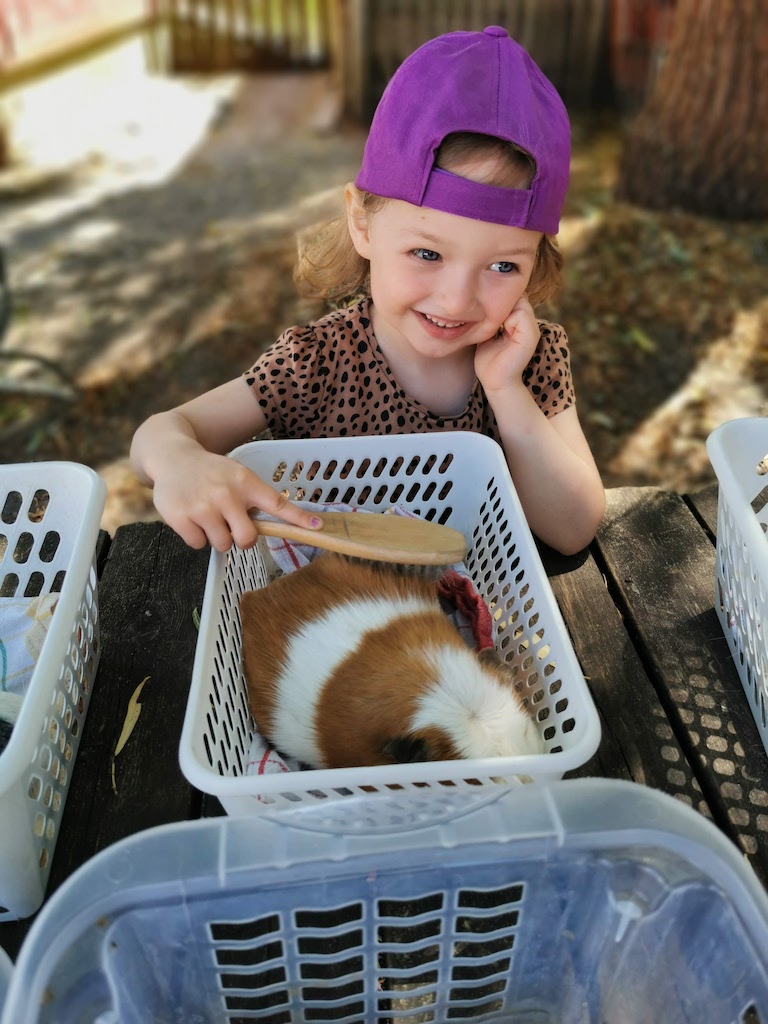
Never give up!
But Susan and Selina are not giving up. Susan learned this as a former competitive athlete and triathlete: “Never give up! The pain passes and the pride remains, you make progress. It takes a lot of strength, and it hurts, but you get something in return: love and appreciation.”
Since the seizure, Susan has sought out surveillance monitoring to help her feel safer. She discovered NightWatch and NightWatch won her over. Her daughter loves “the watch.” To her it’s like a wristwatch (sports watch). She feels proud when she slips it over her little arm at night. And together with the NightWatch, the children’s book and owl Buddy watch over her at night. This helps both mother and daughter sleep better. “I can sleep again,” Susan says, “After the seizure, we were both wiped out. We desperately needed a solution.” The consultant, Dr Kutschke from Caritas Klinikum Bad Mergentheim, wrote a socio-medical justification and issued the prescription, and the application was approved by the health insurance company within a few days. So, everyone was helped.
Better sleep thanks to NightWatch
After the first night with NightWatch, Selina woke up and said “Mummy, I slept well.” Since then, Susan has felt a sense of relief, and things are getting better step by step. There is an integration worker at kindergarten and Selina goes to the speech therapist to compensate for developmental delays related to epilepsy. She is able to live a normal life; she is a happy and curious child. Selina likes to do handicrafts and paint and loves to be outdoors, with horses and animals. Horses are her favourite animals, large horses of course. Mother and daughter spend quality time together. “Today I had a day off and we went for a 9 km walk with friends, had breakfast, and spent the day outside together.”
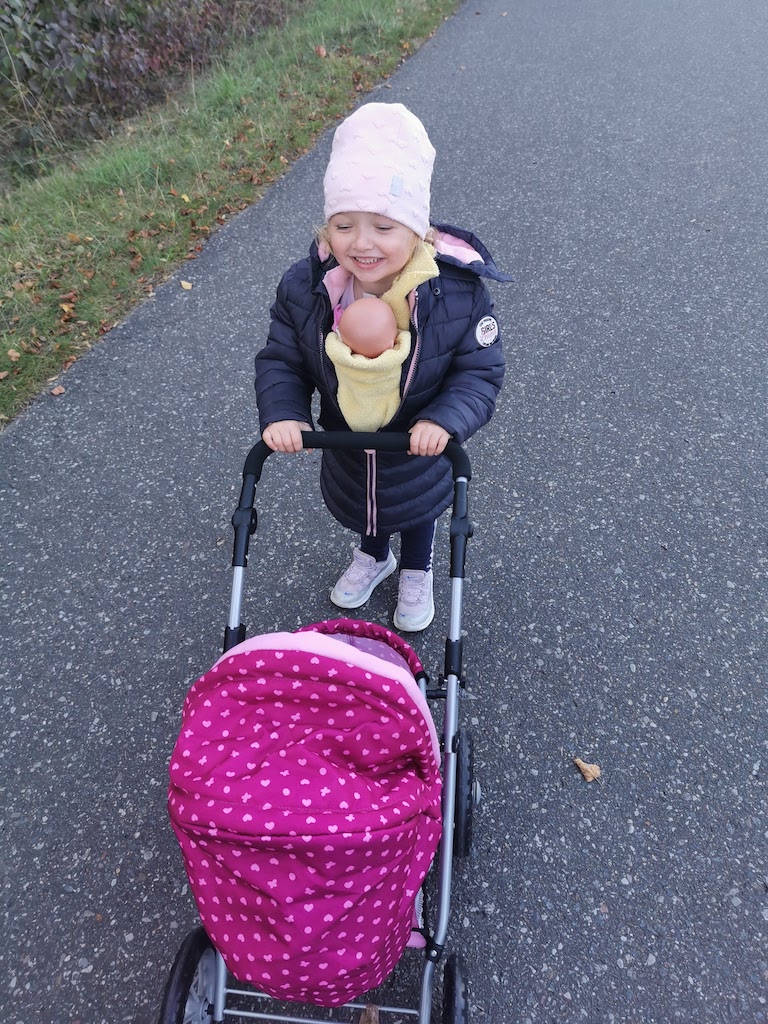
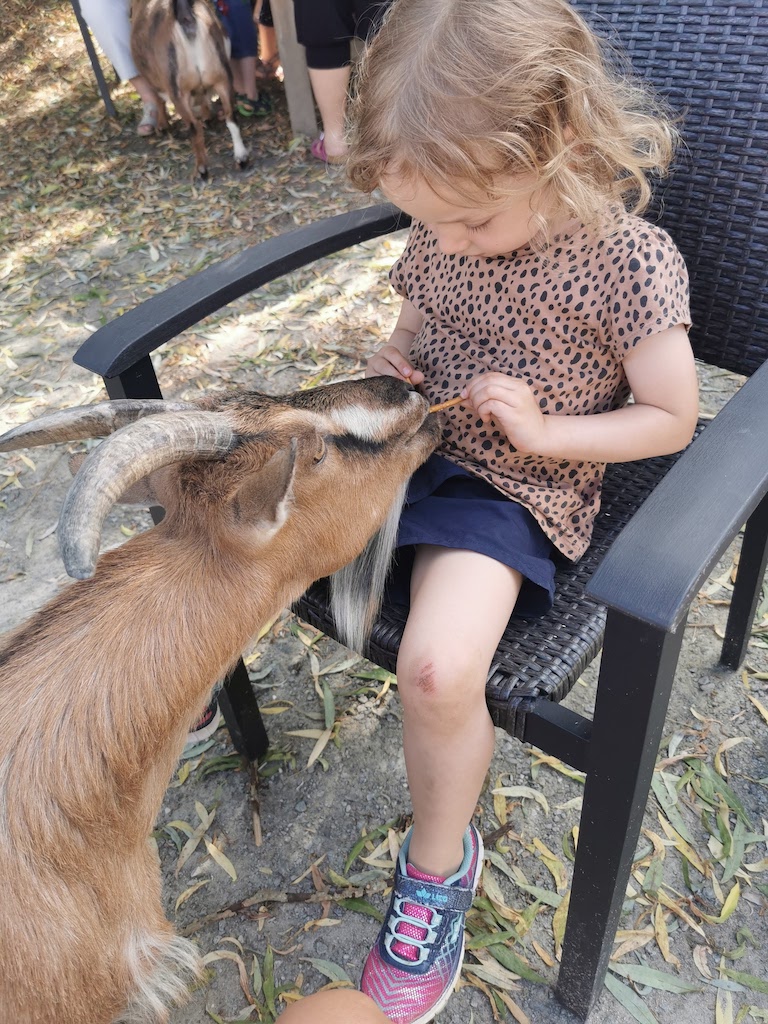
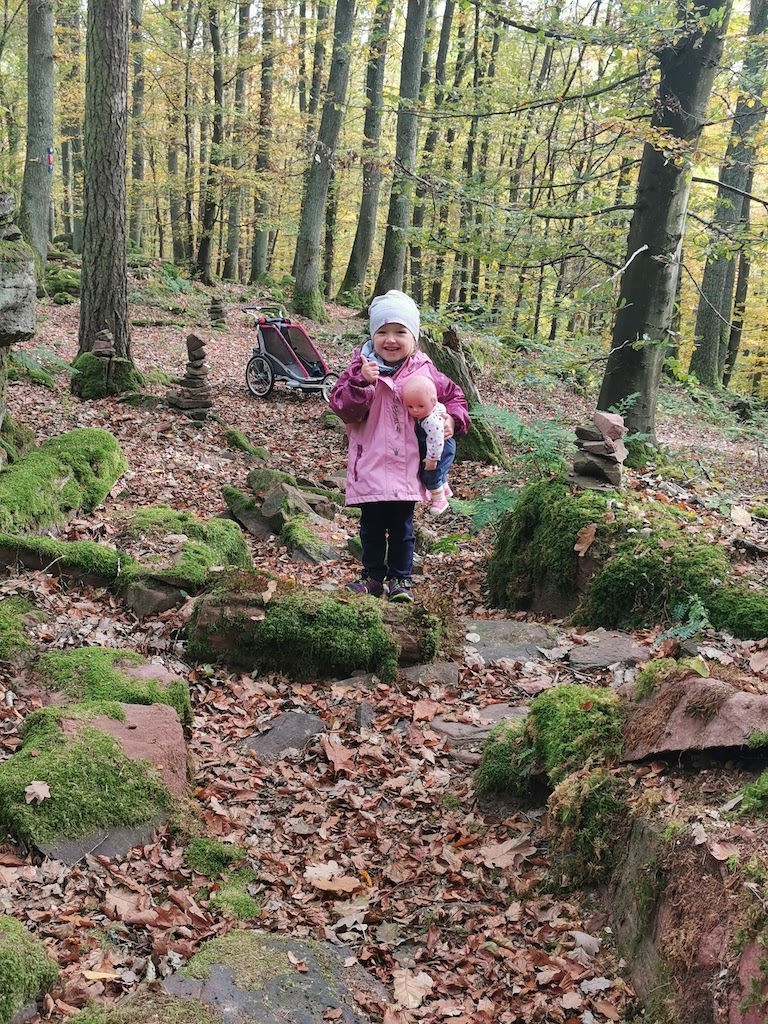
Susan’s tip for parents
Susan’s tip to any parent: “Epilepsy is not something to take lightly. Selina was always independent, but she was also lagging behind with certain things. That is why individual support and one-to-one care are necessary. She needs someone who can respond to her individual needs and is compassionate. And it’s important to know your child well and know when activity and when rest is needed. It’s important to have a good balance and to be informed about all the options and things related to epilepsy. It’s also important to have a good network and not be alone. And NightWatch also helps me reduce my fear of failure as a mother. I have the system connected to the internet, I look at the files, I discuss it with the doctor, and I always have all the up-to-date epilepsy data via the Helpilepsy app. This helps me and my daughter a lot. And especially the thought that things always get better. Never give up!”
A NightWatchStory by Birgit-Elisabeth Langen, January 2022